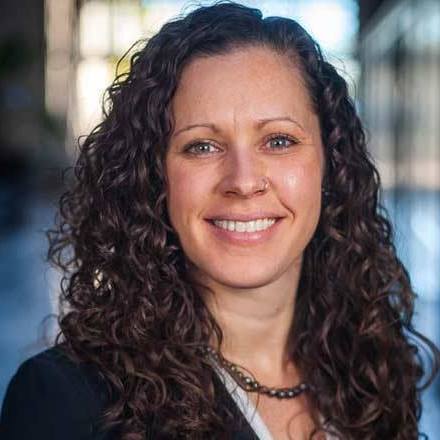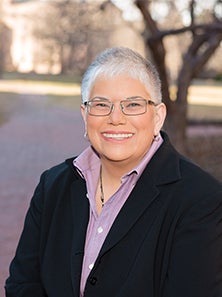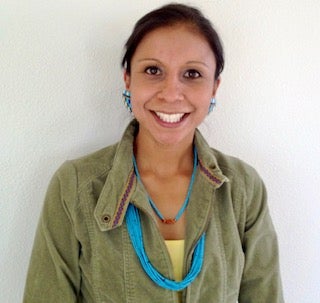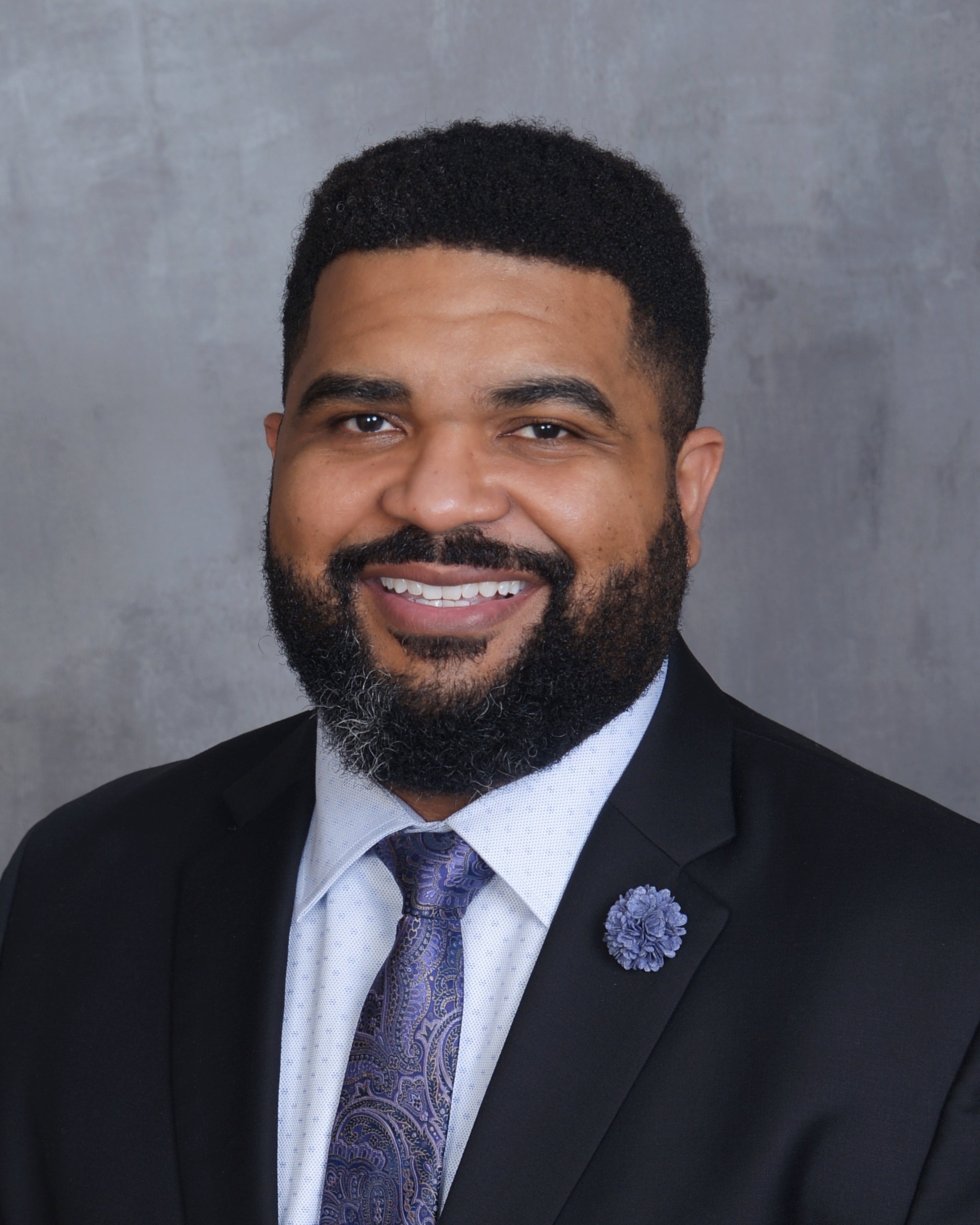Community Support and Engagement
Welcome to the Division of Community Support and Engagement!
We are glad that you have an interest in the University of Denver’s Division of Community Support and Engagement. As we work to elevate DU’s commitment to inclusiveness alongside the rest of the university’s values, we are always happy to hear from the students, staff, and faculty we serve. Through active collaboration we aim to support our community so they can Connect, Belong, and Thrive. The professionals who make up the team in our division are devoted to the well-being of each member of the DU community. These individuals continue connecting throughout the university to build bridges across differences and to foster inclusiveness.
We will work towards developing a sense of belonging through collaborative engagement and holistic support, while remaining committed to providing opportunities for meaningful connections and support to students, faculty, and staff. As we continue forward, we will provide updates about our work in navigating existing and novel means of bringing community members and groups together. We are committed to learning from our community. Please come to us whenever need or interest arises for dialogue; we are here.
Our division is comprised of Community Connections, Academic Community Engagement, and the University Ombuds. We encourage everyone to explore the other pages for the Division, as well as visit us in the Community Commons, Suite 3200. We offer 1:1 consultations, programming focused on the needs of the community, and collaborations. Our division provides support for student, faculty, and staff affinity groups. If you want to explore existing groups or start a new one, please contact us and we will help you connect.
We are excited by the ways the division will grow and evolve, and each of us can play our part. Do not hesitate to contact us with questions, concerns, or to let us know that you want to get involved with our efforts as they continue to come together for the good of all here at DU.
Thanks again for your interest in our division and our work,
Christopher M. Whitt
Ph.D. Vice Chancellor of Community Support and Engagement













